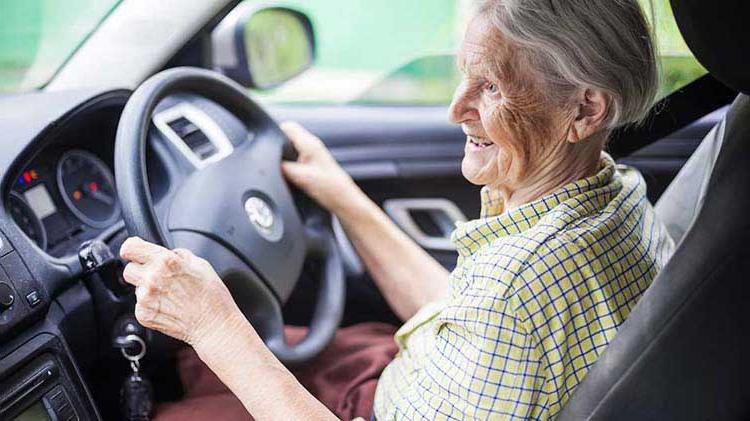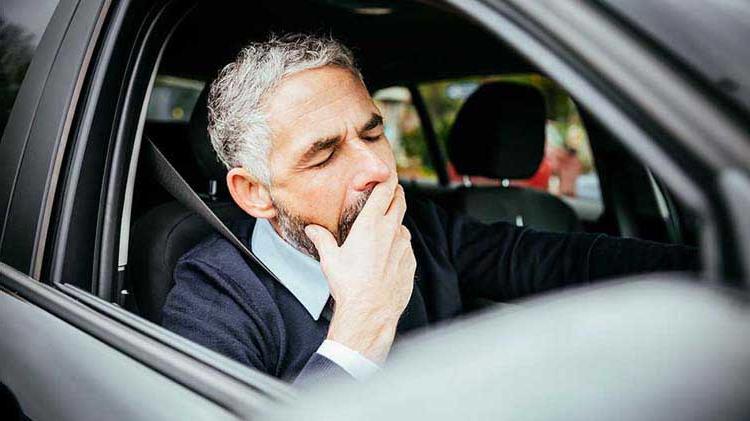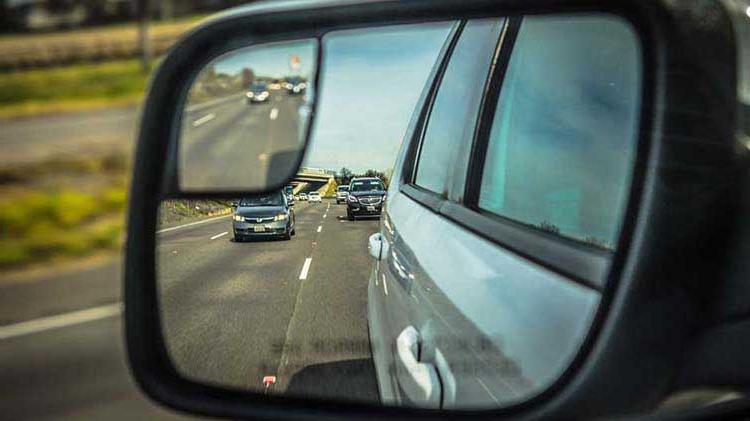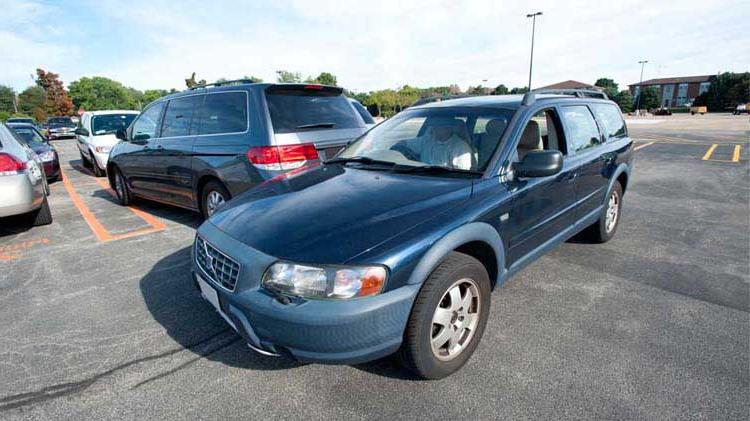When should seniors stop driving?
Take these steps to plan a loved one's driving "retirement."
It's a difficult and painful task to decide that a loved one is unable to drive. Driving allows older adults to stay mobile and independent, but those benefits must be weighed with safety. Studies have shown that driving becomes more dangerous with age. Seniors are involved in more fatal crashes than anyone else on the road. Fatal crashes increase sharply for the 70 to 74 age group, but occur most often for drivers who are 85 and older.
Assess seniors driving skills and risks
The right time to have an older person stop driving will vary between people, but there are signs to watch for when you're making this decision. Among the signs that a driver may be putting others and themselves in danger are:
- Failure to stop or yield at lights and signs,
- Becoming lost in areas that should be familiar,
- Inability to maintain a consistent speed,
- Braking too late or too hard,
- Difficulty merging and keeping up with the flow of traffic,
- Stress, and
- Frequent near misses.
Older drivers need to be aware of any possible health issues that may impair their driving. The ability to drive may be hindered by health conditions such as:
- Alzheimer's disease,
- Arthritis,
- Cataracts,
- Diabetes,
- Glaucoma,
- Hearing impairment,
- Macular degeneration,
- Parkinson's disease,
- Sleep apnea, or
- Stroke.
Listen
Just because you haven't discussed a loved one's driving doesn't mean he or she isn't thinking about it too. Perhaps they've noticed more difficulties at dusk, for example. Tune into that and set up some one-on-one time. Start with open-ended questions: Ask if friends of theirs have had to give up driving, for example. Or find out if your loved one feels that their vision is changing. Keep an open mind and focus your talking points to reflect your concerns for your loved ones safety (and others who are on the road).
Get help from their doctor
A driver's doctor can be the most important resource. They have access to medical records of the driver and are trained in evaluating these type of situations. If you have concerns, tell the driver's physician or eye doctor and be as specific as you can.
Doctors, by law, can't share medical information without a patient's permission, but will be able to assess their safety and may help the driver take the correct steps.
Make a plan
Solo driving isn't just about getting behind the wheel. It's also about getting groceries when they want or visiting friends no matter the day or time. To help transition into a future that may not include independent driving, create alternatives. These may include widely available ride-sharing options such as Uber or Lyft, or driving only during daylight hours.
Your conversation may start with denial and anger, but don't stop having a caring, compassionate conversation. Avoid confrontation if you can and instead express empathy. One day someone may have the very same conversation with you




